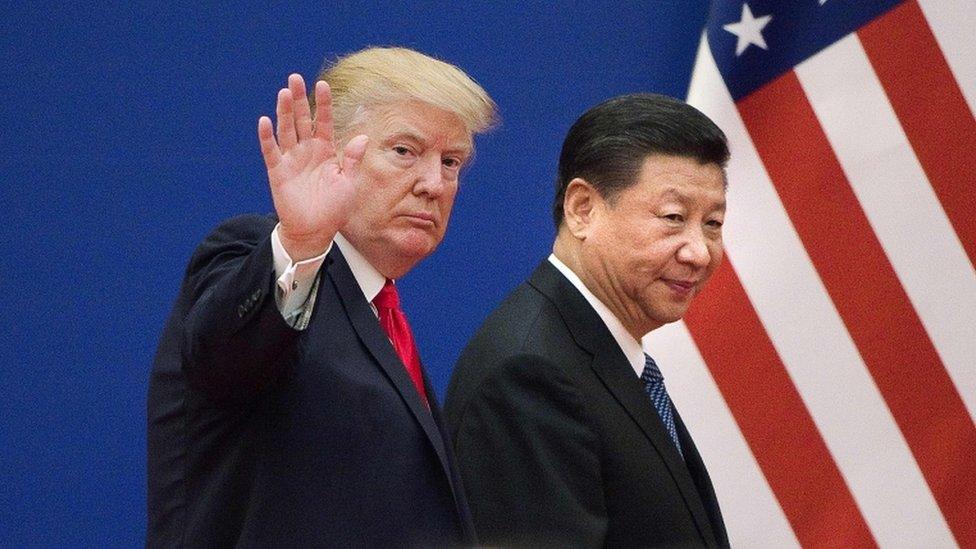Is the US-China trade war back on?
- Published
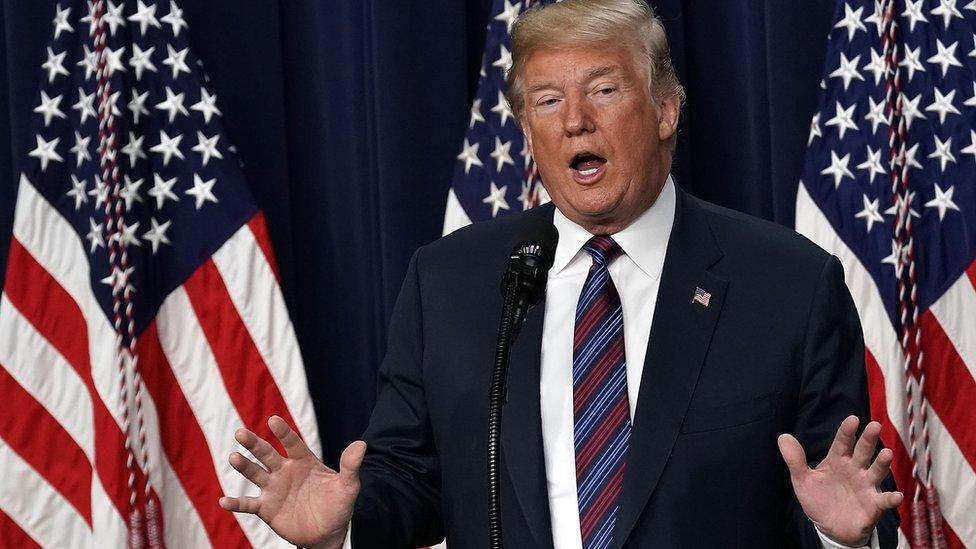
The Trump administration now appears to be escalating trade tensions with Beijing
On again, off again. The Trump administration seems to have a knack for keeping everyone guessing - not just on the North Korean summit - but also on trade.
So, is the US-China trade war back on?
Trade talks versus trade wars
Just a week after it looked like the US and China had agreed to put their trade war on hold, Washington now appears to be escalating trade tensions with Beijing.
Analysts say this move could cast a shadow over the potential success of talks between the US and China in Beijing over the next couple of days.
What the US wants from China
The talks, to be led by US Commerce Secretary Wilbur Ross, are aimed at reducing the bilateral trade deficit. Currently, the US buys nearly four times as much from China as it sells, external.
Beijing has indicated that it will buy some US agricultural exports to balance the deficit, but that may not be enough to appease US trade hawks.
The US also wants to address the intellectual property theft that it alleges Chinese firms have benefited from, and the country's Made in China 2025 programme, which is a multi-billion dollar plan to help transform its high-tech industries into world leaders by 2025.
But the strength of this White House statement, which confronts years of unfair trade practices, among other issues, external, indicates that the Trump administration isn't getting what it wants from Beijing, and so is willing to up the ante.
Why now?
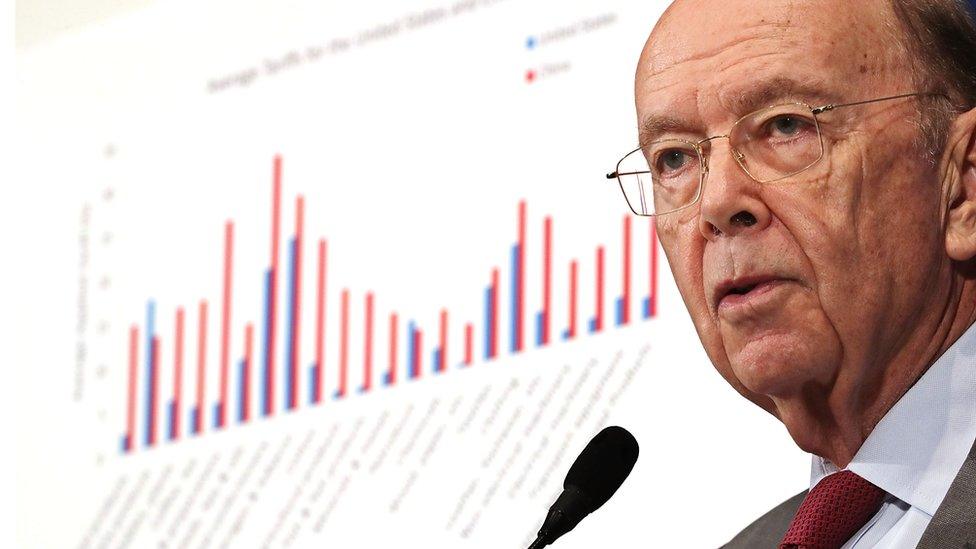
US Commerce Secretary Wilbur Ross will lead trade talks in Beijing this week
Deborah Elms of the Asian Trade Centre says that particular White House announcement, and the timing of it, may just be another bargaining tactic.
In her latest note, external, she says the move seems designed to increase the pressure on China to co-operate ahead of trade talks between the two sides later this week, especially given the accusations that US President Trump has faced from the US press and domestic political circles (they've accused him of going soft on China).
What China wants
China has already expressed its discontent with the action. The Ministry of Commerce says the White House's action is "both unexpected and within expectation,", external and that China has the "confidence, capability and experience to defend the interests of Chinese people, and the core interests of the country", external.
A nuanced, diplomatic response.
But take a look at the nationalistic publication, the Global Times, and you get a better idea of what the Chinese may be thinking.
"Washington suffers from a delusion whereby it feels the US is strong enough to force other countries to accept their unreasonable demands," said Wednesday's editorial., external
"Let them prepare for an 'epic trade war'."
The editorial goes on to say if China did actually go ahead with a full blown trade war, that America's farmers, automobile manufacturers, and energy workforce would be at risk.
Will the US strategy work?
So what do these latest moves by the White House mean for US-China trade relations?
Well, for one thing, Vinesh Motwani of Silk Road Research tells me that we're unlikely to see very much come from Mr Ross' upcoming visit to China.
Which means that a trade war between the two sides is far closer than it was late last week.
And as I've said before, that's not good for any of us.
- Published29 May 2018
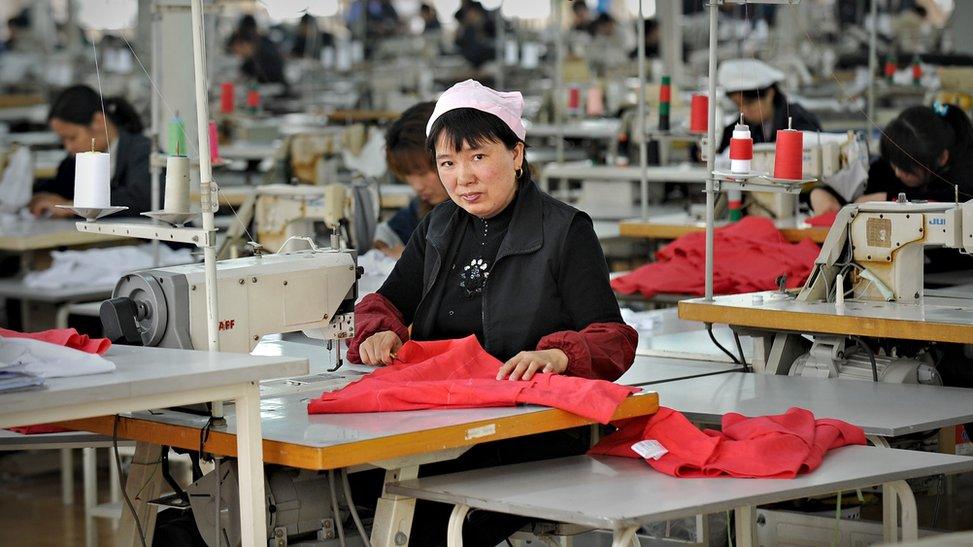
- Published29 May 2018
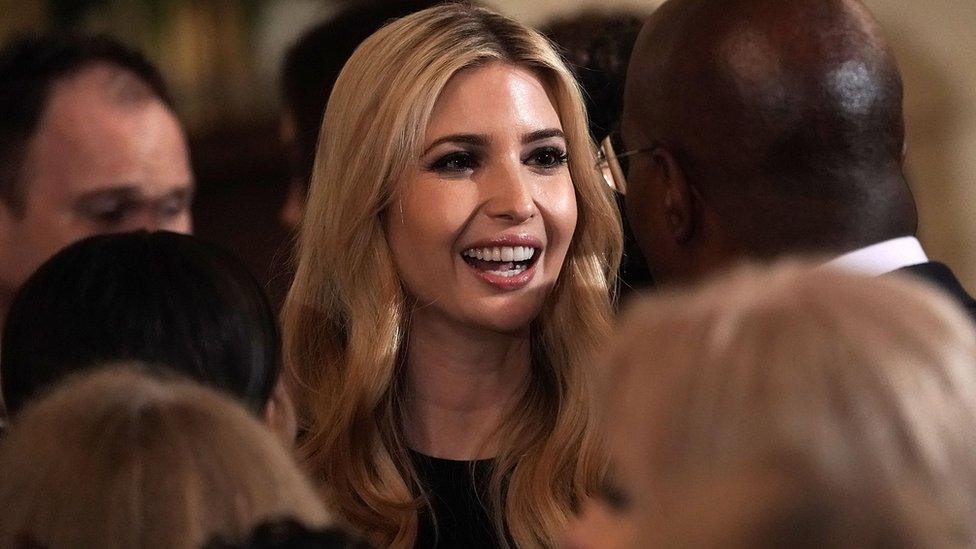
- Published22 May 2018
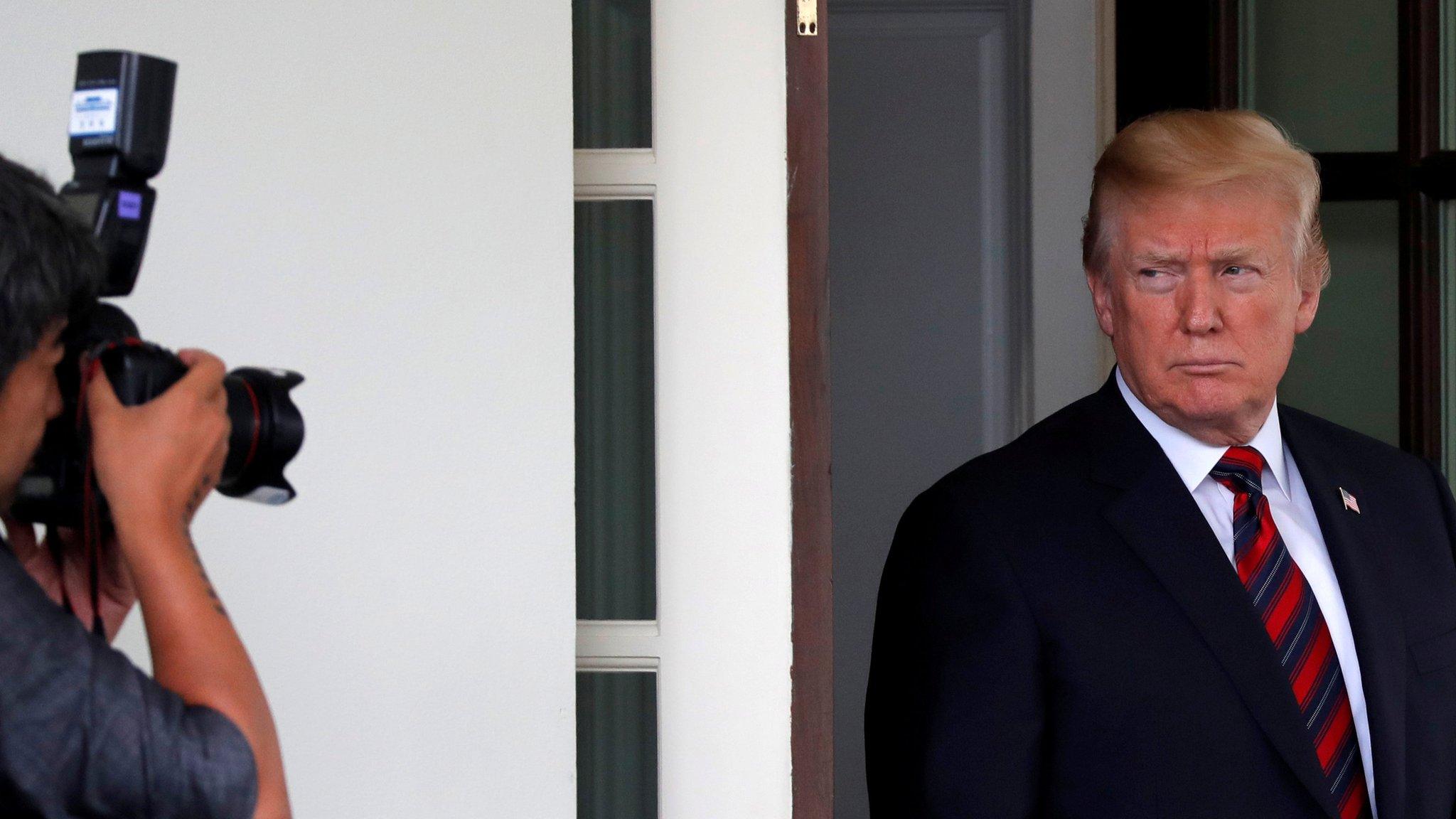
- Published20 May 2018
